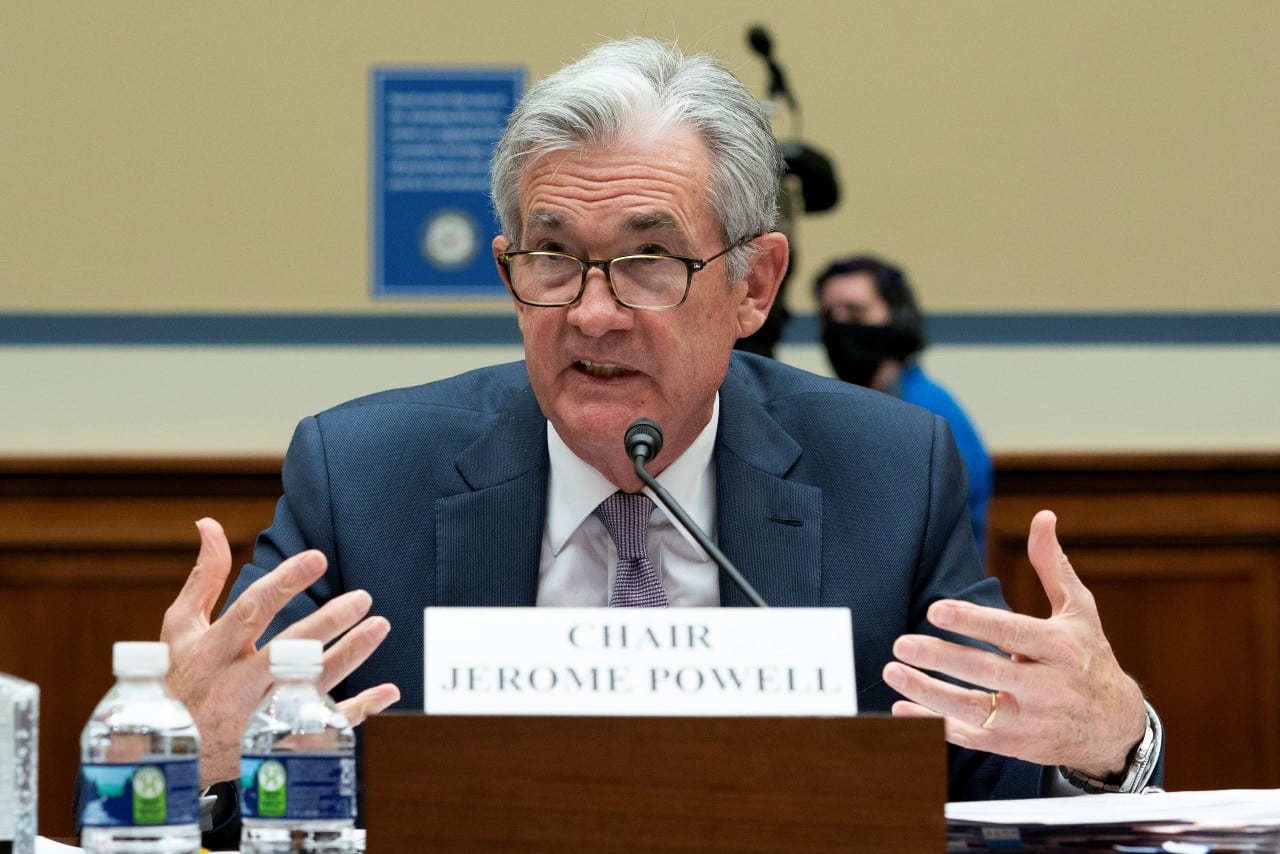Why Stock Market May Crash If FED Cuts Interest Rate

Renowned crypto investor Scott Melker recently took to X platform (formerly Twitter) to share an intriguing observation on why the stock market may crash if the US Federal Reserve cuts interest rates.
Historic Stock Trends
Melker highlighted that market corrections historically follow FED pivots and rate cuts. Historically, Central banks, including the Federal Reserve, often adjust their monetary policies in response to changing economic conditions.
Rate cuts are typically implemented when the economy is facing headwinds, aiming to stimulate borrowing, spending, and investment. However, as the tweet suggests, these rate cuts might not have an immediate positive impact on the stock market. Instead, they could signal underlying concerns about the economy that eventually lead to a correction or downturn in the market.
In addition, Melker noted that the Yield Curve, a graphical representation of yields on bonds is currently uninverted. As the tweet indicates, when the yield curve uninverts (returns to a normal slope) and the Fed pivots to cut rates, the stock market might experience a subsequent decline.
This could be due to investors interpreting these actions as a response to worsening economic conditions and potential market volatility. Furthermore, Melker’s statement adds an unexpected factor to the equation by mentioning that China, a major economic player, has made an unexpected decision to cut its interest rates.
Central banks worldwide closely watch each other’s moves, as they often reflect the global economic landscape. Melker asserts that China’s rate cut could be interpreted as a response to concerns about its economic growth.
Critical Thinking and Consideration
It is worth noting that Melker’s statements come only shortly after Austan Goolsbee, Chicago Federal Reserve Bank President stated that the Fed will only consider rate cuts when the path to bring down inflation is clear.
While Scott Melker’s tweet is thought-provoking, it’s important to note that financial markets are naturally volatile and sensitive to a variety of influences. The interrelationships between interest rates, yield curves, central bank policies, and stock market activity are complex and change depending on the situation.
Investors, analysts, and policymakers need to consider a wide range of economic indicators, geopolitical events, and market sentiment to form a comprehensive understanding of market dynamics.
While historical patterns and trends can provide useful insights, they must be balanced against present economic situations and developing factors that may differ from previous standards.
Recent Posts
- Crypto News
Breaking: Rep. Max Miller Unveils Crypto Tax Bill, Includes De Minimis Rules for Stablecoins
Rep. Max Miller is circulating a 14-page draft of a proposed crypto tax bill in…
- Crypto News
XRP Holders Eye ‘Institutional Grade Yield’ as Ripple Engineer Details Upcoming XRPL Lending Protocol
Ripple engineer Edward Hennis has provided key details about the upcoming XRP Ledger (XRPL) lending…
- Crypto News
Michael Saylor Sparks Debate Over Bitcoin’s Quantum Risk as Bitcoiners Dismiss It as ‘FUD’
Strategy co-founder Michael Saylor earlier this week commented on the risk of quantum computing to…
- Crypto News
Ethereum Faces Selling Pressure as BitMEX Co-Founder Rotates $2M Into DeFi Tokens
Ethereum is under new sell pressure after a high-profile crypto trader sold his ETH assets…
- Gambling
Best Crypto Casinos in Germany 2025
If you’re a German gambler tired of strict limits and slow payouts at locally licensed…
- Crypto News
Tom Lee’s Fundstrat Warns Clients Bitcoin Could Fall to $60,000 Despite His ATH Public Forecast
Top asset manager Fundstrat has advised its private clients to expect a pullback in Bitcoin…